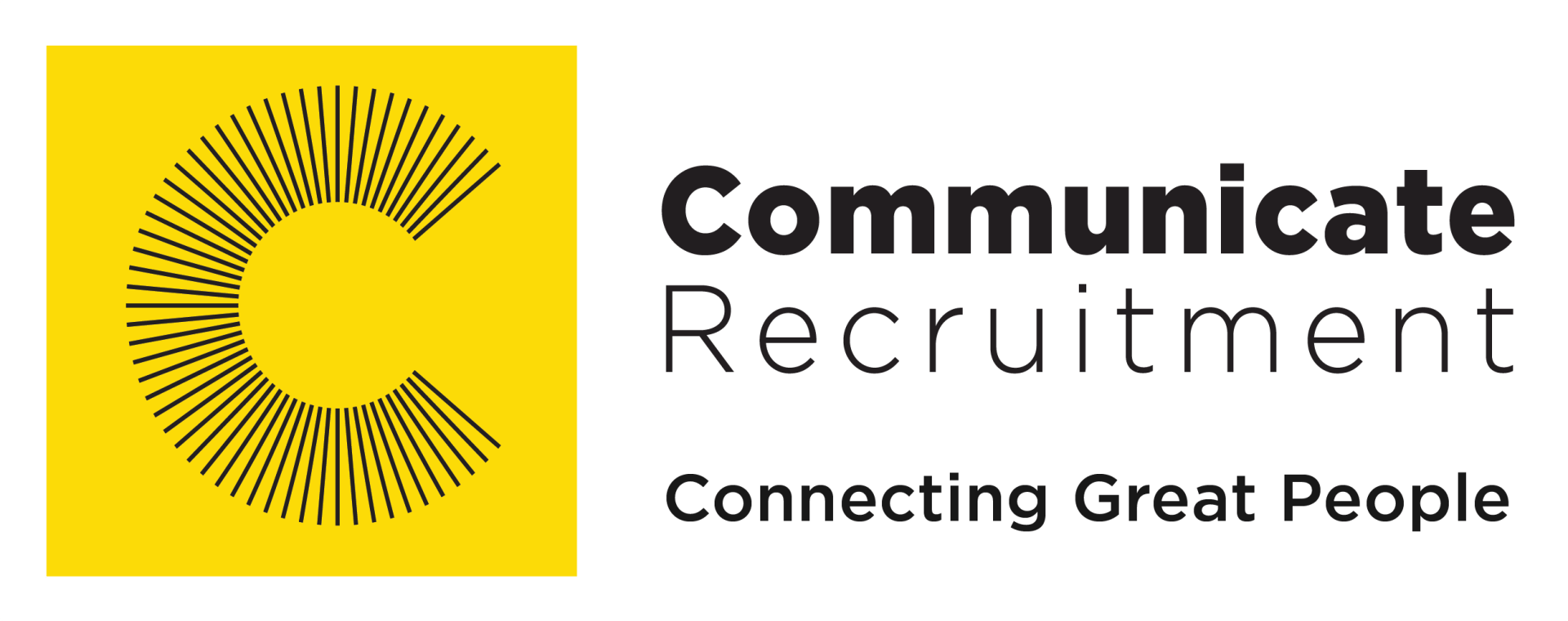Mentors can boost your career
We all have childhood heroes. I had a fascination with Super Man. The qualities I admired in him were his importance, strength, and virtue. When I look back now, although I didn't realize it then, he was my very first mentor. Most of us wanted to be like fictional superheroes.
Now, that I'm all grown up, I no longer wish to be Superman, however, I still seek the guidance of a proficient mentor. I'm sure that most of us realized that we need more formal relationships with someone to take our career to the next level. Here are things you can do to develop fruitful and long-lasting mentor relationships
1. Determine what you need
Determine what your goals are for a mentoring relationship. Decide the top three things you need to get out of the relationship for it to be worthwhile. Also, decide the type of person you'd want to work with. Is it an expert who can help with a specific problem—such as requesting a raise, enhancing your image, or how to network more effectively? Determining these things up front will help you narrow your group of potential mentors.
2. Look for potential mentors in unexpected places
Instead of just looking for mentors in your place of employment, why not first try the professional groups that you're a member of. Professional organizations are rich in individuals that are experienced, committed, and looking for ways to give back to their communities. It might be a good idea to introduce yourself to other members and find someone you can relate to and ask them if you could contact them if you had questions regarding their area of expertise.
You may also want to try LinkedIn. Using such a platform will enable you to find people from your industry or another area- of interest that you can form professional relationships with. You can tailor your search to a specific location so you can connect with someone nearby.
3. Know what to ask for
Don't overstep the boundaries with your mentor. Their job is to provide guidance while you do the actual work. They should only intercede for you in very specific and limited situations. You have to show them how they can best help you. If you have an immediate need, there is nothing wrong with making a request. It's probably safe to assume that your mentor doesn't know where to start to help you. Start engaging them by simply asking for advice on one issue.
4. Express gratitude
Mentoring is a big responsibility. It requires a commitment of significant time to be really effective. If you've done your homework – your mentor is really helping you to advance your career. Act in response to their efforts by making yourself useful to them. Are there things that you can teach them or help them with? Figure out ways to give back to them. In the end, having a mentor to help guide your career is becoming more and more important. It's a great way to grow as a professional – because you have someone who can help you develop a perspective on challenging situations in and outside the workplace.
Remember it's a two-way street!
Are you ready to take your career to the next level? Then look no further! Communicate Recruitment is a specialist recruitment agency and we would love to be part of your career development. We have Finance jobs, IT jobs, Engineering jobs, Supply Chain jobs, and Freight jobs. Visit our vacancy page and apply now!
Credit: FreeDigitalPhotos.net





